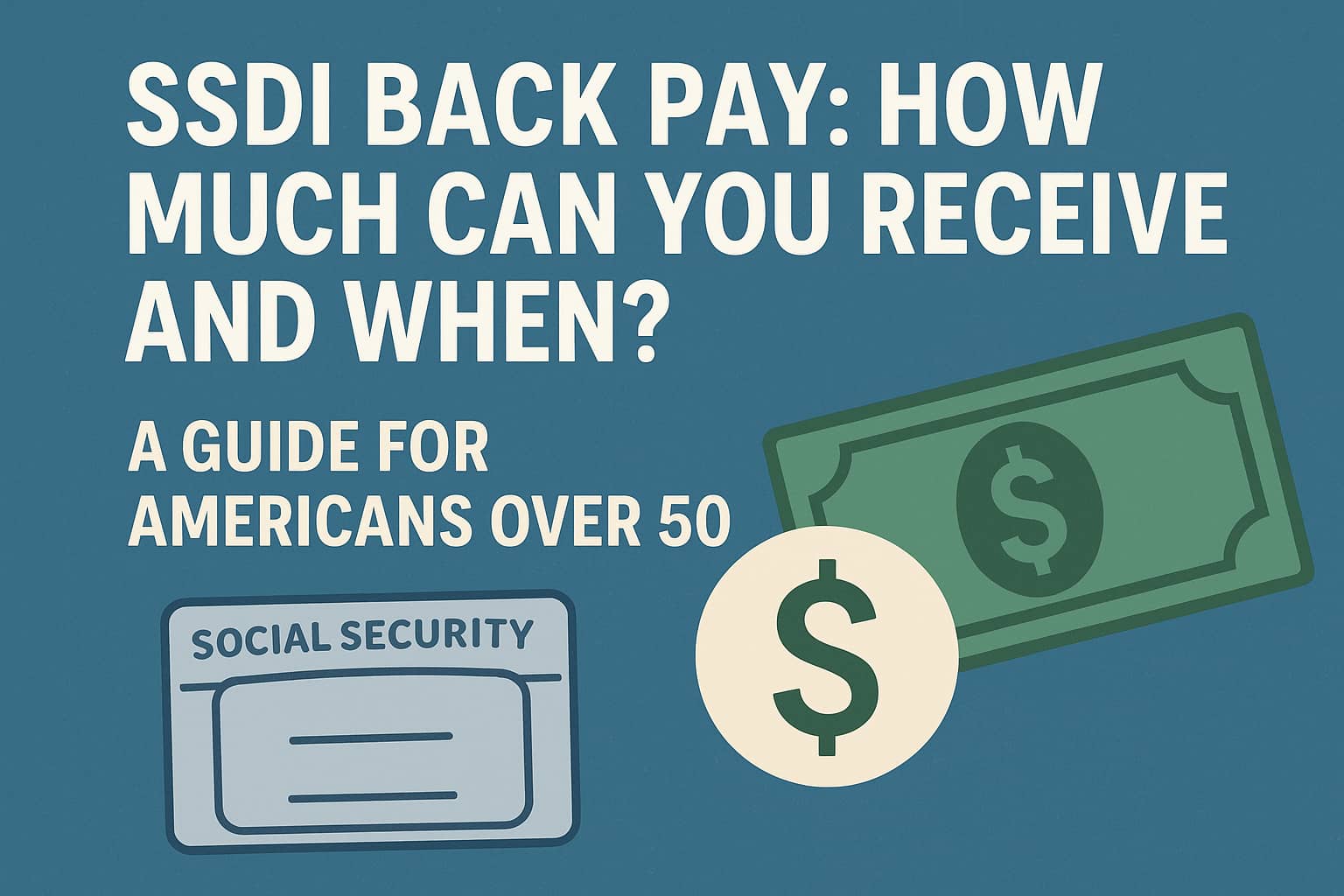
Final Expense Insurance: What It Covers and Why You Need It
July 15, 2025
When planning for retirement or the future, many overlook one crucial detail — end-of-life costs. Final expense insurance, also known as burial insurance, is designed specifically to relieve your loved ones of financial burdens after your passing. This affordable, easy-to-qualify coverage is increasingly popular among seniors in the United States.
What Is Final Expense Insurance?
Final expense insurance is a type of whole life insurance with a relatively small death benefit — usually between $5,000 and $50,000. It’s primarily intended to cover expenses such as:
- Funeral and burial or cremation costs
- Unpaid medical bills
- Credit card debt
- Legal fees or probate expenses
- Outstanding utility or household bills
Unlike traditional life insurance policies, final expense plans typically have no medical exam and offer fast approval — making them ideal for individuals aged 50 to 85.
Why You Might Need Final Expense Insurance
Many families are surprised by the high cost of end-of-life arrangements. In the U.S., the average funeral cost ranges from $7,000 to $12,000, depending on services and location. Without planning ahead, these expenses can become a heavy burden on surviving family members.
1. Protect Your Loved Ones from Financial Stress
A final expense policy ensures that your family won’t have to dip into savings or go into debt to pay for your funeral or last medical bills. The lump-sum benefit can be used immediately for any need.
2. Quick and Easy Enrollment
Most policies are available with guaranteed approval, especially if you’re between 50 and 80. Some plans also accept individuals up to 85 years old.
3. Affordable Monthly Premiums
Premiums are typically fixed for life and start as low as $20/month, depending on age and coverage amount. It’s an affordable way to plan ahead — even for those on a fixed income.
4. Peace of Mind for You and Your Family
Knowing your affairs are in order gives peace of mind to everyone involved. Your final wishes are covered, and your family is spared from difficult financial decisions during an emotional time.
How to Choose the Right Final Expense Policy
Not all policies are the same. Consider the following when comparing options:
- Coverage amount: Estimate the total cost of your funeral and any debts you want to cover.
- Premium: Look for a fixed premium that won’t increase with age or health conditions.
- Policy type: Choose between simplified issue (with health questions) or guaranteed issue (no questions asked).
- Company reputation: Work with a reputable insurer with strong customer reviews and financial stability.
Who Offers Final Expense Insurance?
Many trusted insurance companies offer final expense coverage, including:
- Mutual of Omaha
- AIG
- Colonial Penn
- Gerber Life
- Lincoln Heritage
You may also work with an independent insurance agent who can compare multiple quotes for you and find the best deal based on your needs.
Is Final Expense Insurance Worth It?
If you’re over 50 and want to prevent loved ones from dealing with unexpected costs after your passing, final expense insurance is a smart and compassionate decision. It’s affordable, accessible, and gives you and your family financial peace of mind.
Start today by comparing quotes and understanding your options. The best time to plan is while you still can.
Frequently Asked Questions (FAQ)
Is final expense insurance the same as life insurance?
Yes, it is a type of life insurance but with a smaller death benefit and simplified application process.
Will my policy cover cremation or burial?
Yes, the funds from final expense insurance can be used for either cremation or burial — it’s up to your family’s decision.
What happens if I miss a payment?
Most policies have a grace period. If you miss too many payments, the policy could lapse. Choose a monthly payment you’re confident you can maintain.
Disclaimer: This article is for informational purposes only and does not constitute financial or insurance advice. Always consult with a licensed insurance advisor or professional before making any decisions.
Recent Posts
What to Expect After You Apply: The Section 8 Waiting List
September 29, 2025
SSDI Back Pay: How Much Can You Receive and When?
September 29, 2025
How to Apply for Section 8 Housing in 2025 – Complete
September 27, 2025
How to Qualify for SNAP Benefits in 2025: The Complete Guide
September 27, 2025
Supplements That Help With Memory Loss in Seniors
August 10, 2025
SUBSCRIBE TO OUR NEWSLETTERS
Subscribe our newsletter for latest news, questions. Let's stay updated!





